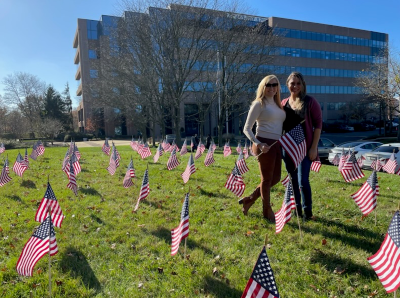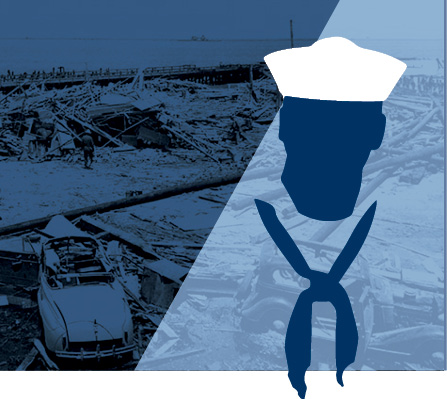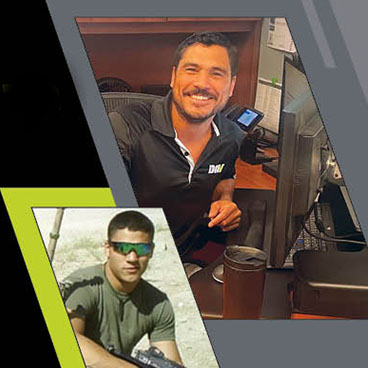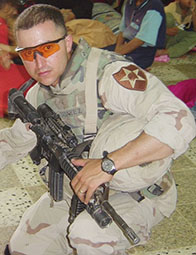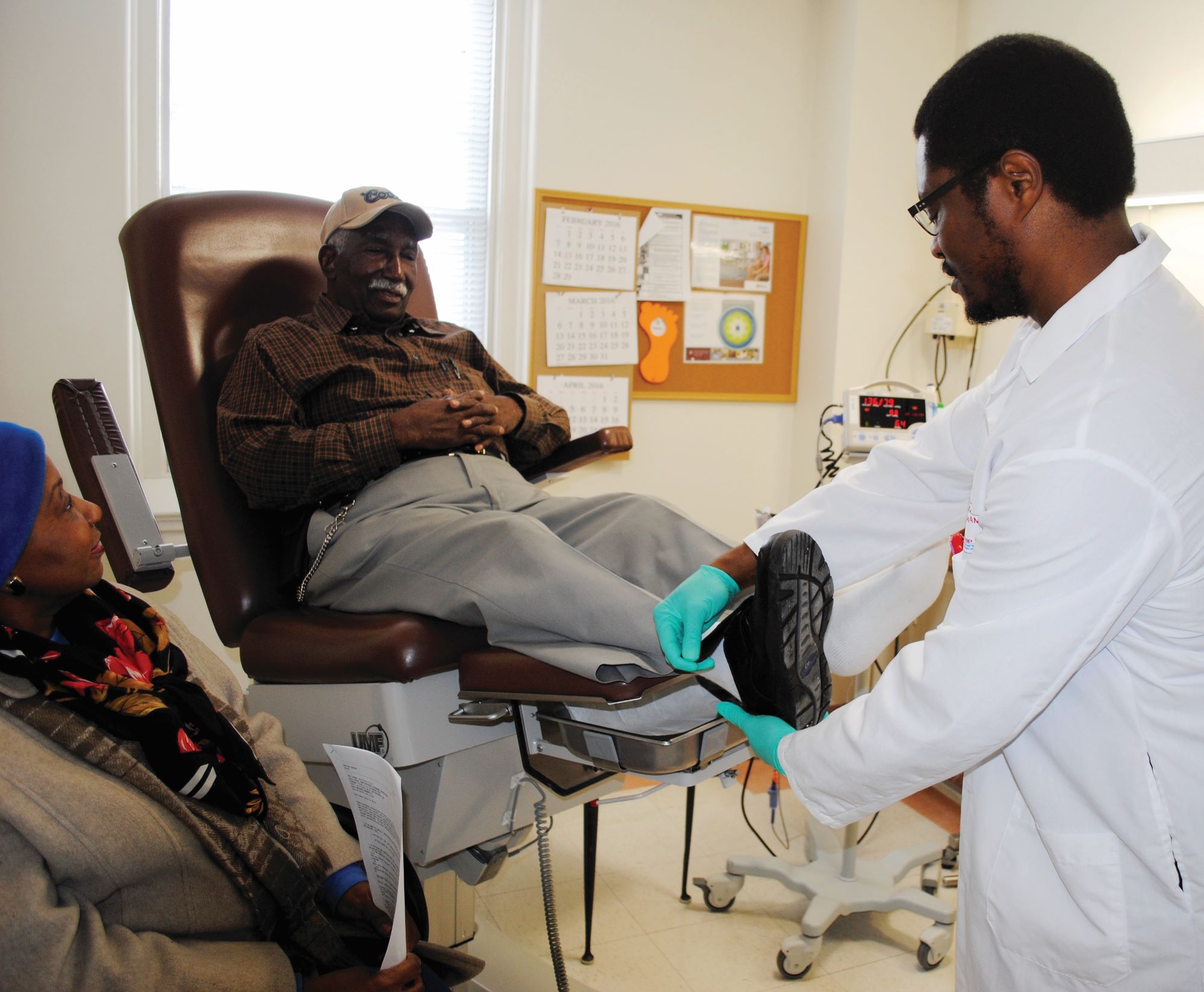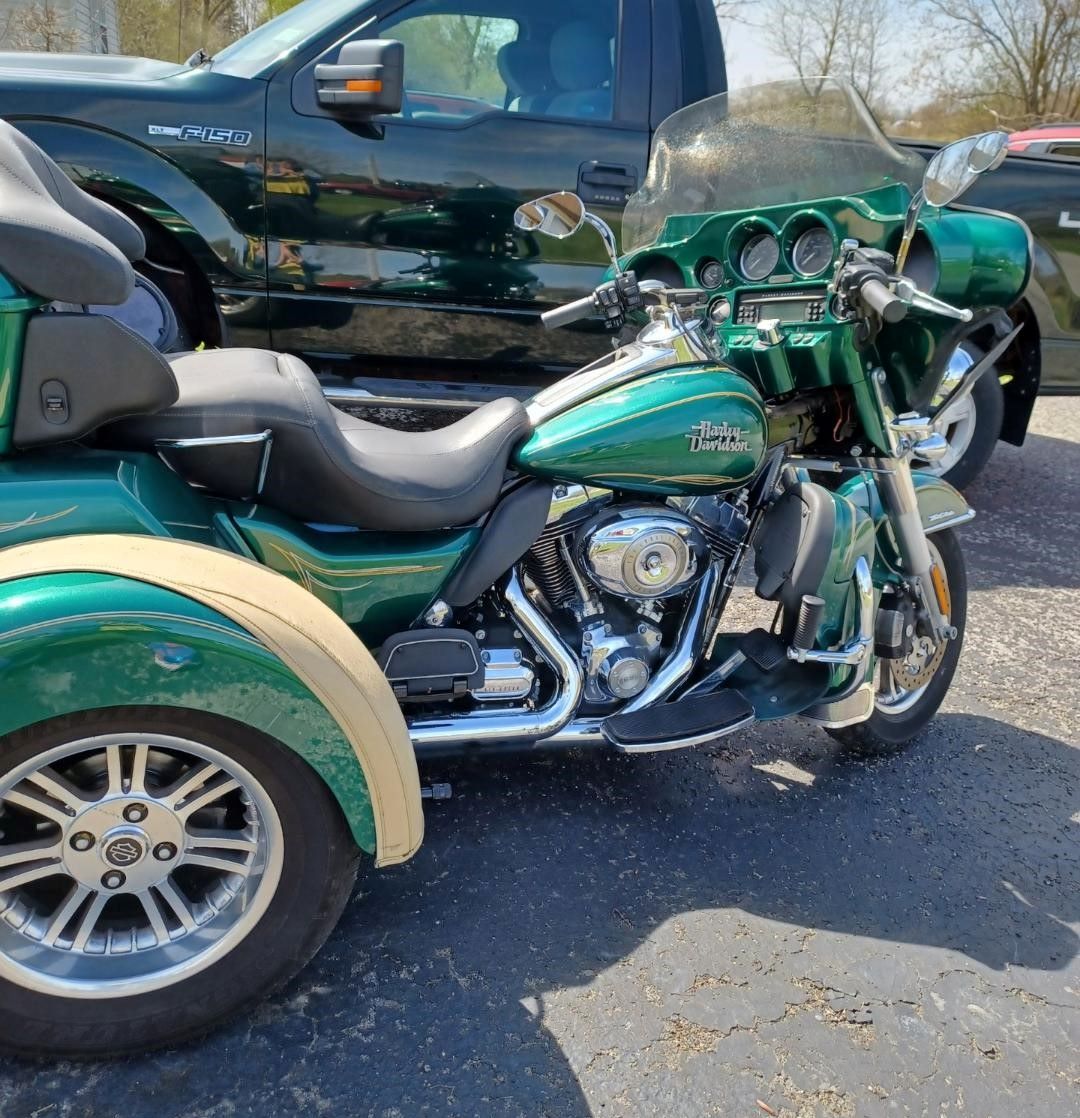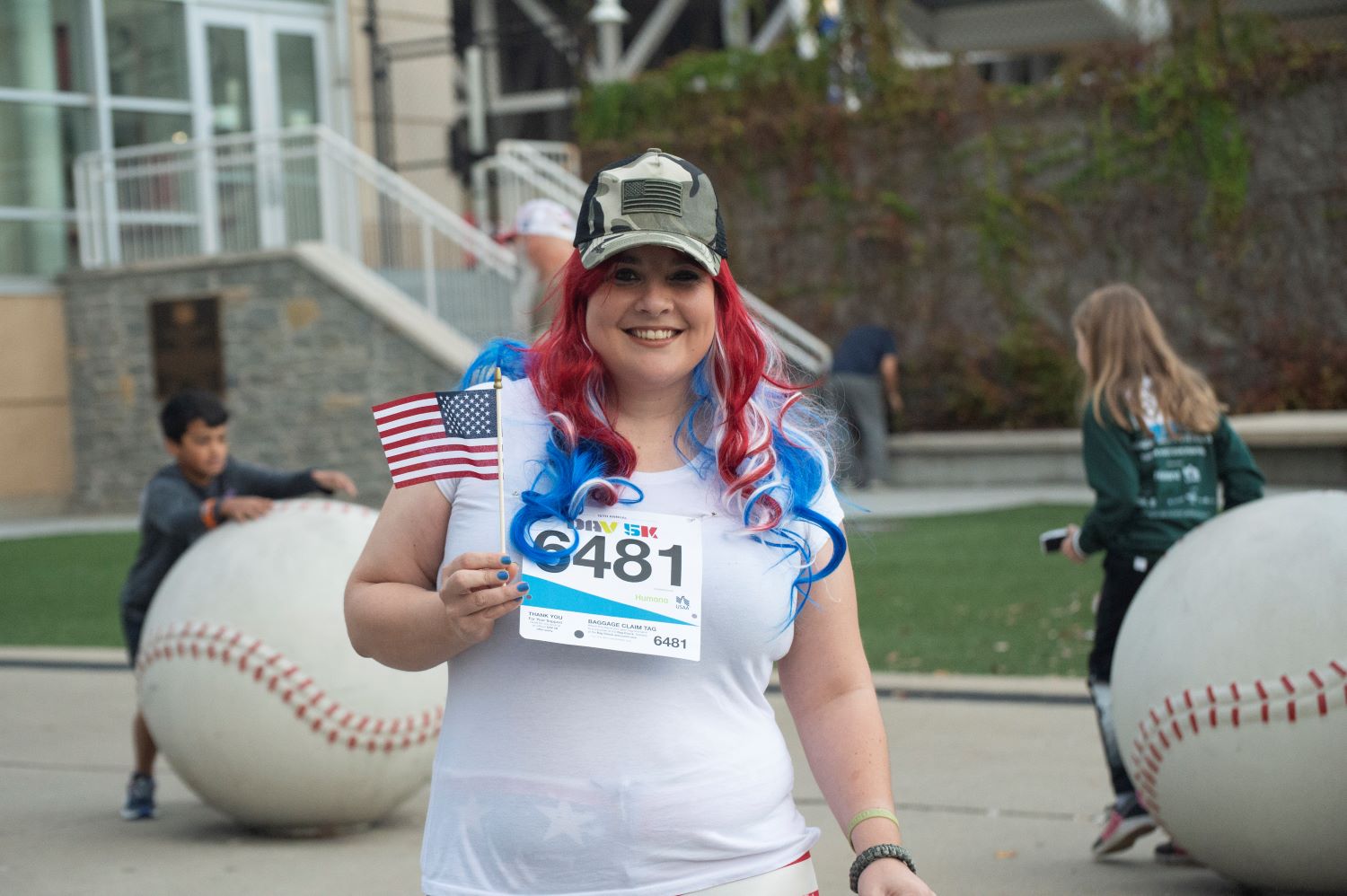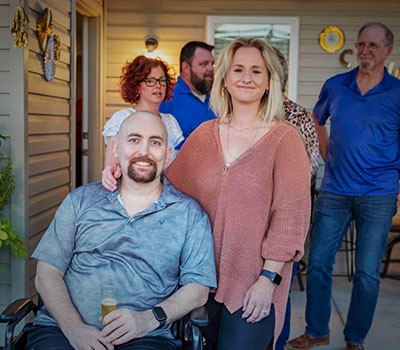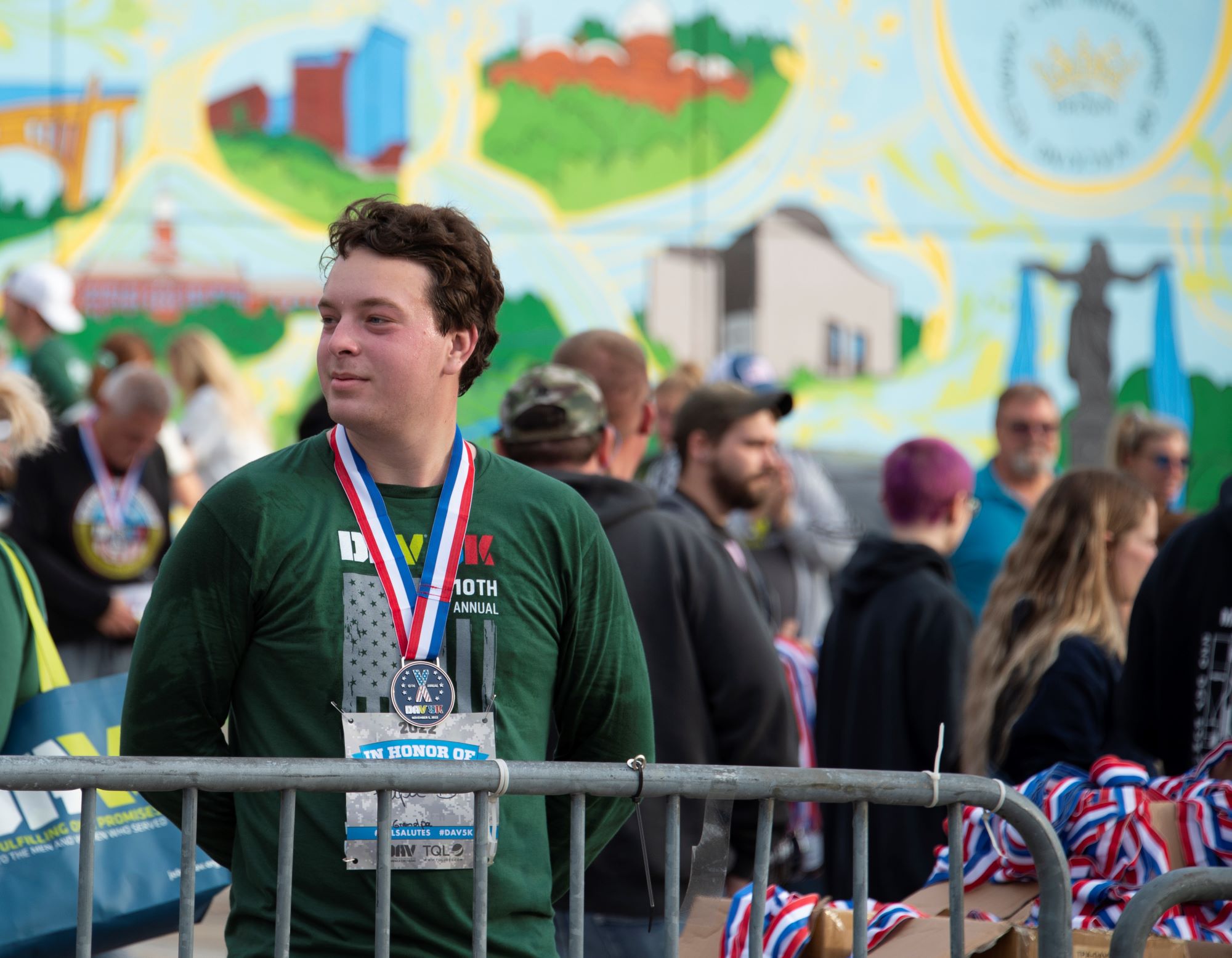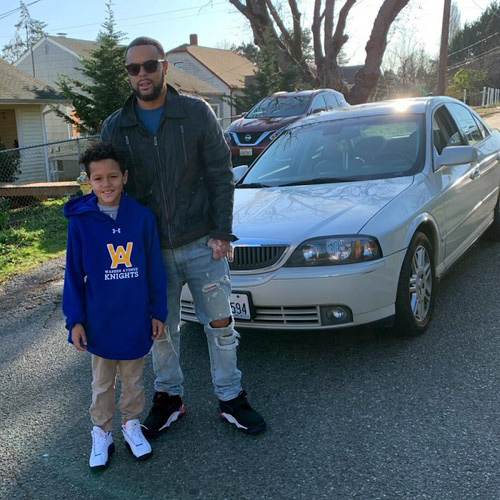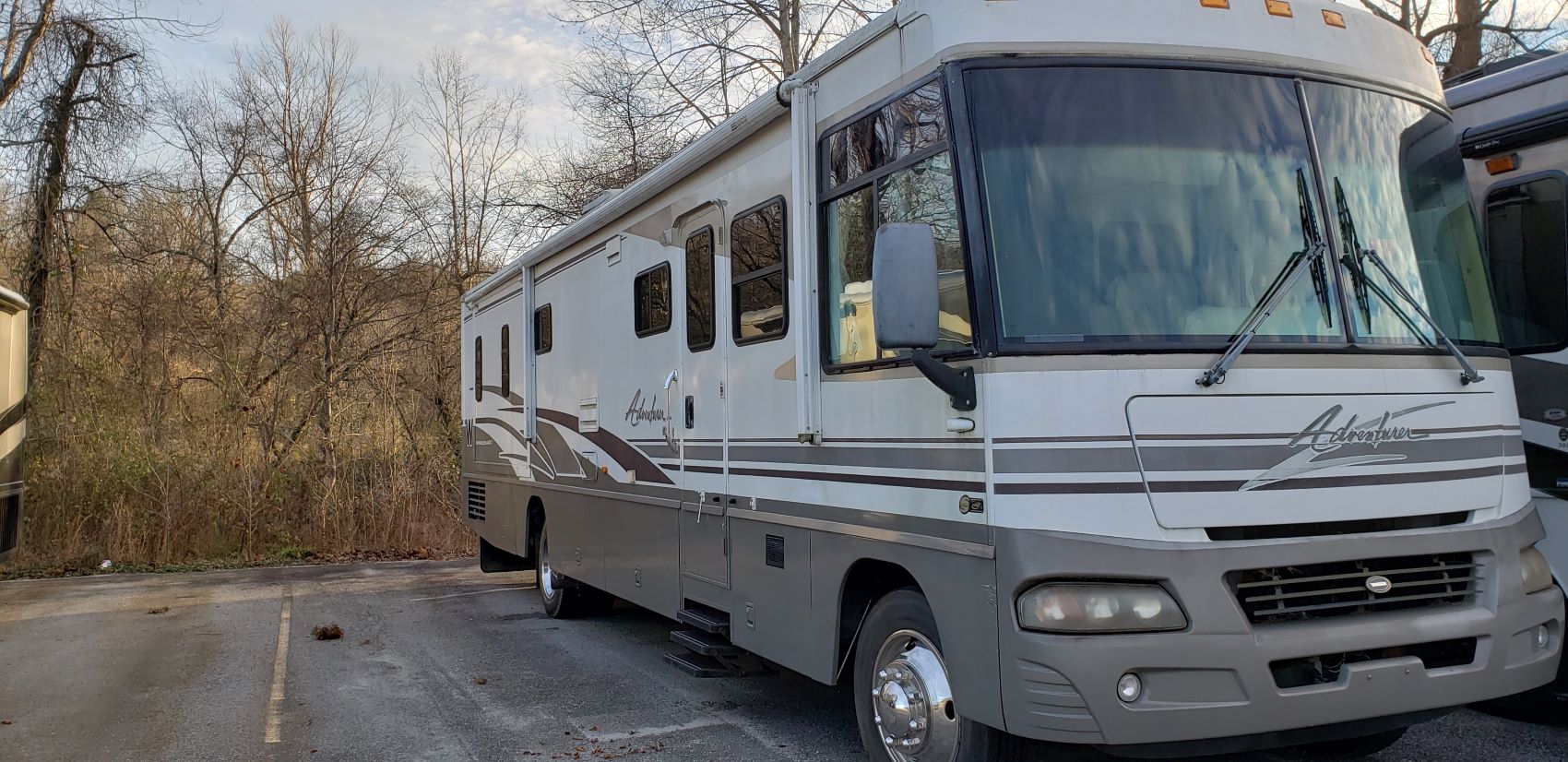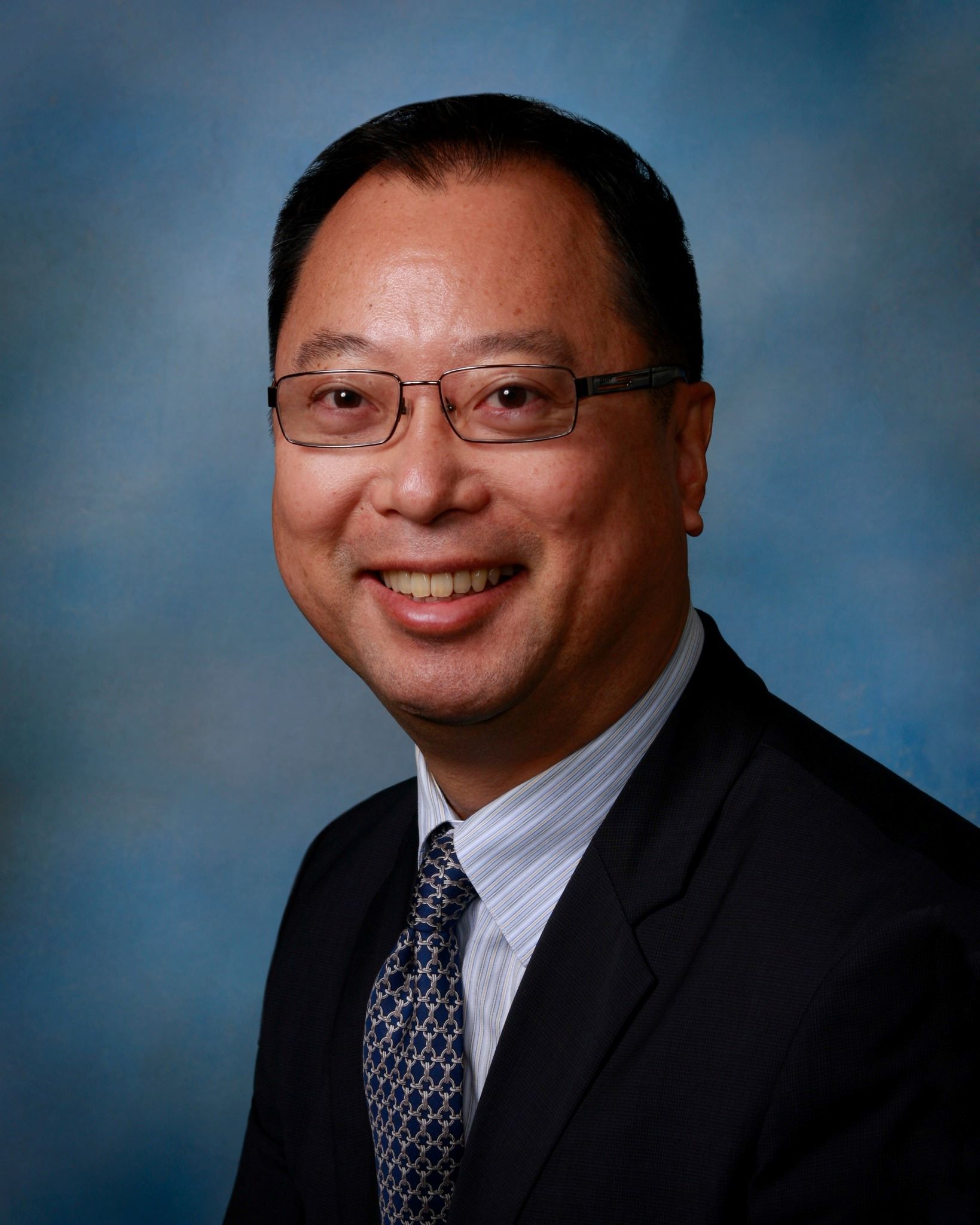Retired Marine Colonel Finds Empathy
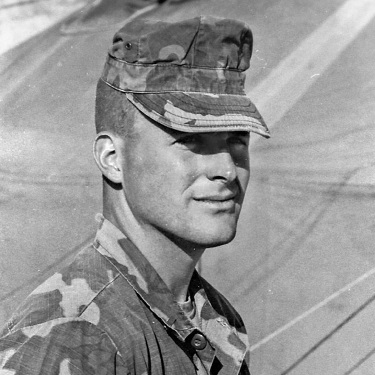
Years after retirement, Marine colonel discovered an advocate who “truly understood”
After decades of service to his country, Retired Marine Col. David K. Hough was ready for a well-earned retirement. Eight years after his retirement, and after representation from other veteran service organizations, a fellow veteran encouraged him to speak with a DAV benefits advocate. Acting on that wise counsel, through DAV’s circle of representation—where many veterans helped by DAV refer other veterans—Hough found wise advocacy.
In 1974, Col. Hough began his service as an enlisted Marine at Parris Island. He later earned a commission and served until his retirement 37 years later as a colonel.
“Throughout my career, I received an enormous amount of satisfaction and pride having worked with the greatest Americans our nation has produced,” said Hough.
His first deployment as a rifle platoon commander was to Beirut, Lebanon. He remembers it as a challenging deployment with almost daily fighting.
“The unit performed extremely well and had many successes until the terrorist attack on the battalion headquarters, killing 241 Marines, sailors and soldiers,” said Hough.
The absence of the many lives that were lost in Beirut was evident aboard ship during its return home. Many of the young Marines would come home to face new challenges as they dealt with the trauma and wounds of the events in Beirut.
“Having suffered many killed and wounded, in addition to the headquarters attack, there were many empty racks on the ship returning home,” said Hough. “I was disappointed in the fact that the Marine Corps was not prepared to properly deal with the young Marines in their transition back to garrison. Additionally, the Marines who were wounded, or had difficulty dealing with the many traumatic events they experienced, were treated with less than respect and, in some cases, treated as slackers or outright maligners.”
The experience left an impression on Hough. He felt that, as a war-fighting organization, there should have been better help for those Marines.
“The individual Marine is our greatest asset as an organization, and it is our responsibility to ensure that they are healthy, well-trained, and have everything they need to accomplish the mission,” said Hough. “I believe that we fell short of taking care of our Marines in the aftermath of the fight. The ultimate goal is to train Marines, win wars, and ultimately produce outstanding civilians who will be productive leaders in our communities throughout America because we have instilled in them those qualities and traits that make them better citizens.”
After nine deployments—six of which were conflicts—Hough decided it was time for him to pass the torch to the next generation of leaders. When he did, he found himself in a similar situation that he had witnessed when he returned from Beirut.
Serving his country as a Marine was a lifelong goal, and Hough was extremely proud of his service. He felt he’d made a difference to many young men and women throughout his career, and believed he’d made a contribution in defending the nation and winning conflicts. But as he scheduled his required retirement seminar and sat through the required week of classroom time, he found it to be “completely inadequate” for transitioning officers. The subject of benefits, he recalled, weren’t discussed until the last day of classes. The abbreviated presentation lasted only a couple of hours and left him with more questions than answers.
“The retirement process is challenging enough, and it is imperative that you do the correct thing to ensure you and your family’s financial security,” said Hough. “The process as stated was not clear, there was no one source to go to for a comprehensive how to retire. Many of those who were responsible for the process either did not care or were unable to explain the process adequately.”
Fortunately for Hough, a good friend, that he served with, recommended that he contact a DAV benefits advocate. Based upon a methodical review of his file, DAV filed for an increase and in just three months he was increased from 70 percent to 100 percent, permenant and total.
“For the first time since my retirement, I felt that I had an advocate who understood the process and did everything in his power to assist me and my family to receive the benefits that I had earned. A Marine himself, he truly understood those with whom he was helping,” said Hough.
He found the DAV advocate’s dedication to the task to be noteworthy; he had a keen understanding of the intricacies of the often-complicated workings of the VA benefits process, and worked long hours–often weekends –to accomplish the mission.
“Overall, the DAV has been the finest organization in taking care of our disabled veterans that I have worked with,” said Hough. “The outstanding programs, the dedicated men and women who have pledged their lives in the service of our veterans are exemplary.”
Hough encourages other veterans to seek out DAV’s assistance.
“I would not hesitate to highly recommend to future veterans to contact the dedicated men and women of the DAV for assistance in their transition to civilian life,” said Hough. “I truly appreciate everything DAV has done for me, my family, and all of my fellow warriors whom I know they serve well.”
Hough’s children continue in their father’s legacy of service and leadership. When his youngest son graduates from The Basic School at Marine Corps Base Quantico, all four of his children—three Marines and a sailor—will be commissioned officers serving on active duty at the same time. If and when they may one day seek advocacy, DAV will be there for them as well as DAV’s circle of representation widens with each generation of service.

